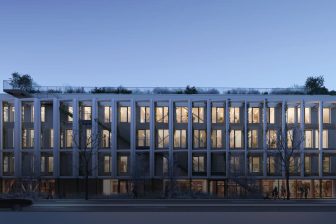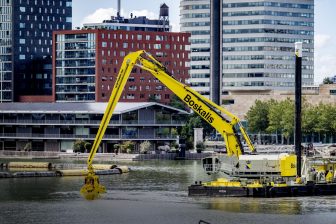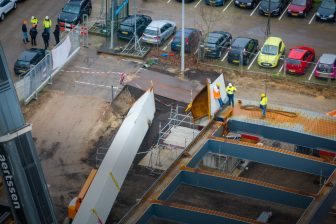Major road project Western Mongolia – PRC, Russia
MANILA, PHILIPPINES – Mongolia, with funding assistance from the Asian Development Bank (ADB), is embarking on an ambitious road project that will link the nation’s western region with the People’s Republic of China (PRC) and the Russian Federation.
The Western Regional Road Corridor Development Project, at a total estimated cost of just under $200 million, will span nearly 750 kilometers and become part of the Asian Highway Network, a 141,000-kilometer road system traversing 32 Asian countries with links to European roadways.
“This major infrastructure project will lead to broad economic growth and reduce geographic isolation for the communities along its route,” said Lakshman Athukorala, Financial Analysis Specialist of ADB’s East Asia Department. “This road corridor will link markets and improve travel conditions, giving residents easier, less expensive, and faster access to social, health, and other services.”
The Project, which will be implemented in two phases, will also help Mongolia’s economic growth through increases in tourism by opening the Altai region, one of the few ecologically unchanged sites left in the world. The area’s uniqueness will attract conventional tourists, but it is also home to a range of archeological sites that are expected to garner international attention.
For the first phase of the Project, ADB is extending a $37.6 million grant to Mongolia with the Government allocating $74.62 million. This phase covers 431.2 kilometers of road from the border of the PRC to the Hovd province in western Mongolia. Construction will begin in the second quarter of 2009 and be completed in the first quarter of 2012.
This phase includes funding to create three road maintenance units as well as training for local residents for additional job opportunities. A planned $2 million grant from the Japan Fund for Poverty Reduction will be used to improve access to local administrative offices, markets, and social services, as well as fund job training.
The second phase, which is expected to begin no later than December 2010, will include construction of a 317.2-kilometer road from the provincial center of Hovd to the Russian border. Current estimates put the cost of the second phase around $87 million.
The Project includes road safety improvements; community development to address poverty; awareness and prevention of HIV/AIDS and human trafficking along the road corridor; a pilot project on improvements to the road maintenance system; and building up the capability of the Ministry of Roads, Transport and Tourism and its provincial counterparts.
The geographic location of Mongolia, far from the sea and surrounded by two large neighbors – the PRC and the Russian Federation – makes road transportation links significant in terms of domestic and international trade. However, out of the total road network of 49,250 kilometers, only 3.5% is paved.
U las zojuist één van de gratis premium artikelen
Onbeperkt lezen? Profiteer nu van de introductieaanbieding voor € 10,- per maand.
Bent u al abonnee?



